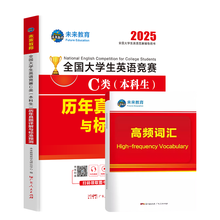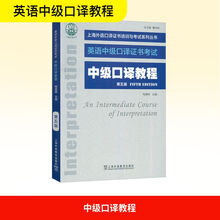The least professional and most offensive position is resting one leg or ankle on top of yourother knee. Some people call this the "Figure Four." It can makeyou look arrogant.
The distance you keep from others is crucial if you want toestablish good rapport. Standing too close or "in someones face"will mark you as pushy. Positioning yourself too far away willmake you seem standoffish. Neither is what you want, so findthe happy medium. Most importantly, do what makes the otherperso.n feel comfortable. If the person with whom you arespeaking keeps backing away from you, stop. Either that personneeds space or you need a breath mint.
How to Make a Good Presentation
Many oral presentations of individuals are 10 to 20 minutes longwith 15 minutes being the most common. It is very difficult to getand then keep your audiences attention long enough for them to getand then be convinced of your point. Your presentation has to bevery clear and concise with a few very well selected, absolutely clearvisual aids. Unless you happen to be the first speaker, your audienceis already fatigued from hearing other talks and the competitionfrom extraneous sounds and the slow pace of talking vs. thinking hasprobably left much of the audience daydreaming about moreinteresting topics. You will lose your audience after just one momentof droning on semi-intelligibly about numbers in front of anunreadable slide covered with unintelligible lines or a table stuffedwith even more numbers. Some pointers include:
When you speak, make sure that your topic is obviously relevantto the audiences clinical interests or they wont begin to listen.
Decide just what message you want to get across, and then planyour talk and slides based on how you are going to do it.
Tell the audience what you are going to tell them, tell it tothem, and tell them what you told them —— then ask for questions.
People have a lot of trouble following oral presentations becausethey cant flip back a page or two to pick up a point they missed soyou need to be very well organized and leave out all informationwhich doesnt lead directly to your goal.
Your slides need to be very clear. Nobody can follow a graphwith more than a few lines, and tables with more than three columnsand rows (or so) are hopeless because of size and complexity.Having the main points of the talk on successive slides presented asyou go is a big help, but keep the verbiage down to a few lines perslide. Get rid of any slides the audience doesnt need to follow yourtalk. They are simply distractions. Slides full of text cant be read atthe same time you talk, so people miss both.
Your key slides are the title of your talk, a simplified diagramof the study design, a summary of the key results, and a few slideson the conclusions.
Practice your talk so you get the length right. Assume that youwill go slower on stage. While practicing, get some emotion intoyour voice (other than terror) and learn to give the talk from anoutline. People that read their talks well are incredibly rare. Usuallythey present in rushed, boring monotones which few people follow.
If you keep these in mind and practice frequently in your dailylife, you are sure to get a good result.Topic 1:
A good speaker is made not born.Questions for reference:
1. How do you understand the statement that a good speaker is made not born?
2. Is there any in-born ability such as eloquence (for example, some can speak fluently without great efforts while others cant)?
3. Do you believe that the seemingly effortless talks given by experienced speakers are in most cases the result of hours of thinking, painstaking preparation, and practice?
4. According to your personal experience, what makes a good speaker?
Topic 2. Body language speaks louder than words.Questions for reference:
1. Do you agree or disagree with the statement that body language speaks louder than words?
2. Can you mention some expressions of the body language you have often used while talking with others?
3. What are the possible advantages and disadvantages of using body language?
展开










